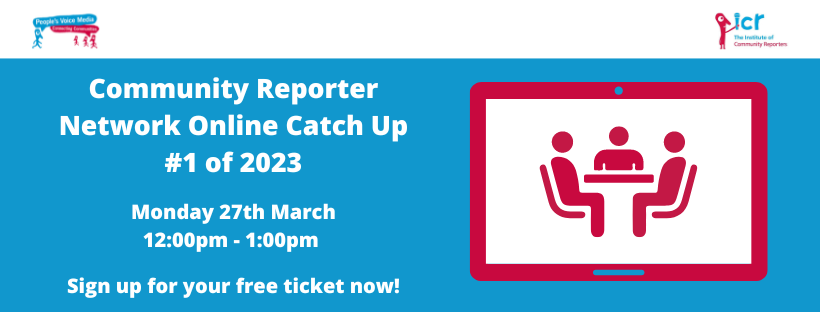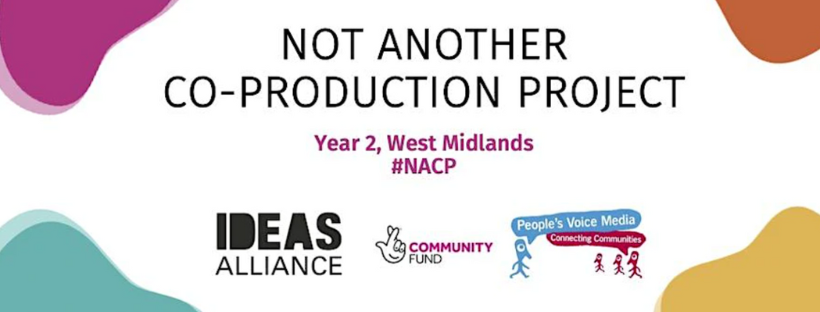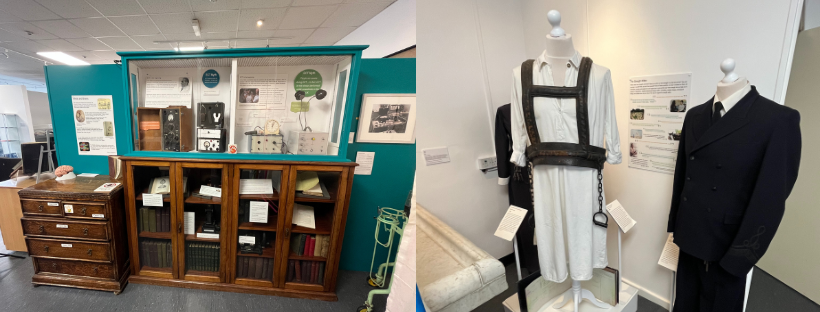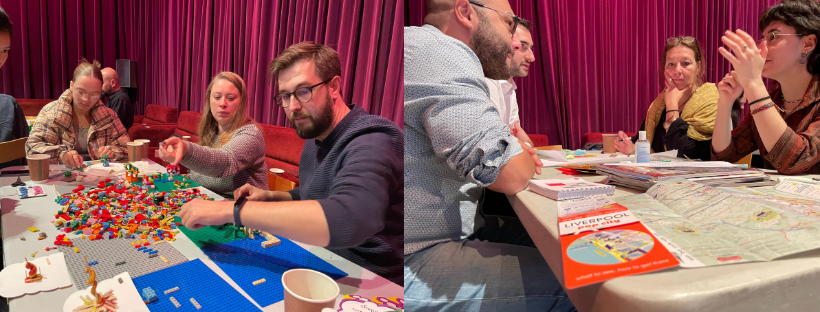PVM X GMCA: CHANGING FUTURES COMMUNITY REPORTER PROJECT
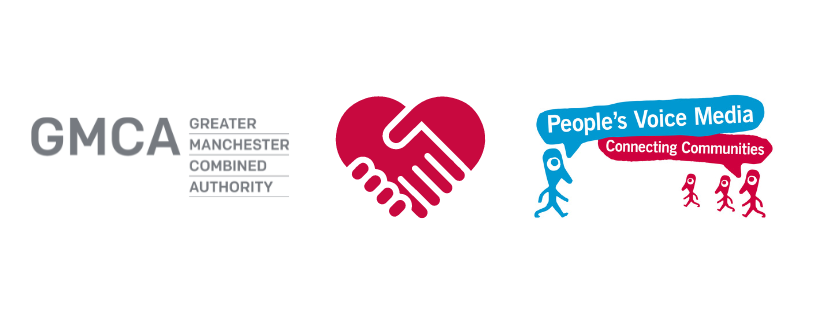
For the past six week, people from across Greater Manchester have been taking part in the Changing Futures Community Reporter Training Programme.
PVM have partnered with Greater Manchester Combined Authority to deliver a series of eight workshops as part of the project. So far we have covered the core aspects of community reporting, and people have started to gather and upload stories to the Community Reporter Website.
The end goal of the project is to gather stories of peoples lived experiences of multiple disadvantage, specifically from people whose voices are often not listened to. GMCA plans to use these voices to improve the range of support services available to communities across Greater Manchester. In the process, people will be upskilled in Community Reporting and by the end of the project will be experienced enough to conduct their own story gathering projects in their own communities.
Over the course of the first 4 sessions, participants developed a basic understanding of community reporting. They learned interview techniques, digital literacy skills and explored their understanding of ‘multiple disadvantage’ in the context of their own lives experiences.
“Being around the team and learning – it’s good to open up“
A group member reflecting on what they’ve enjoyed in the sessions.
For the past two weeks the group have been out gathering stories in their own communities – take a look at the Community Reporter website to view some of them!
“There’s not just me going through what I am going through”
A group member reflecting on what they’ve learnt during the sessions.
For the remaining four sessions, the group will review the stories they have gathered, picking out the key themes and learning points. They will then learn how these findings can be shared more widely and used as tools for creating positive social change – hopefully putting these techniques into practice.
Stay tuned for more updates on the Changing Futures Community Reporting Project!
